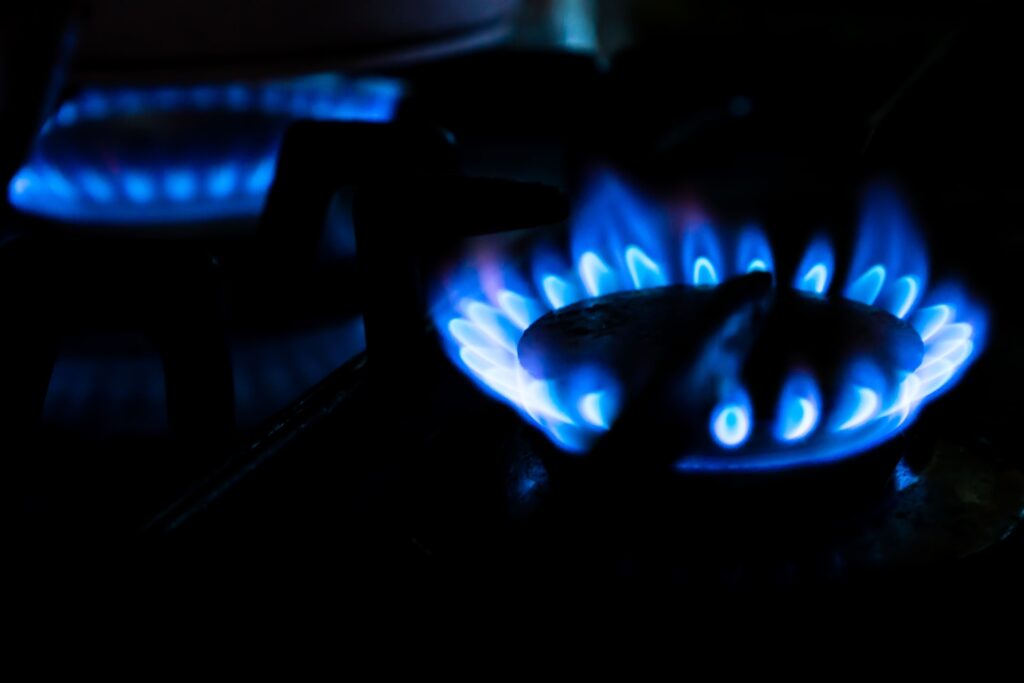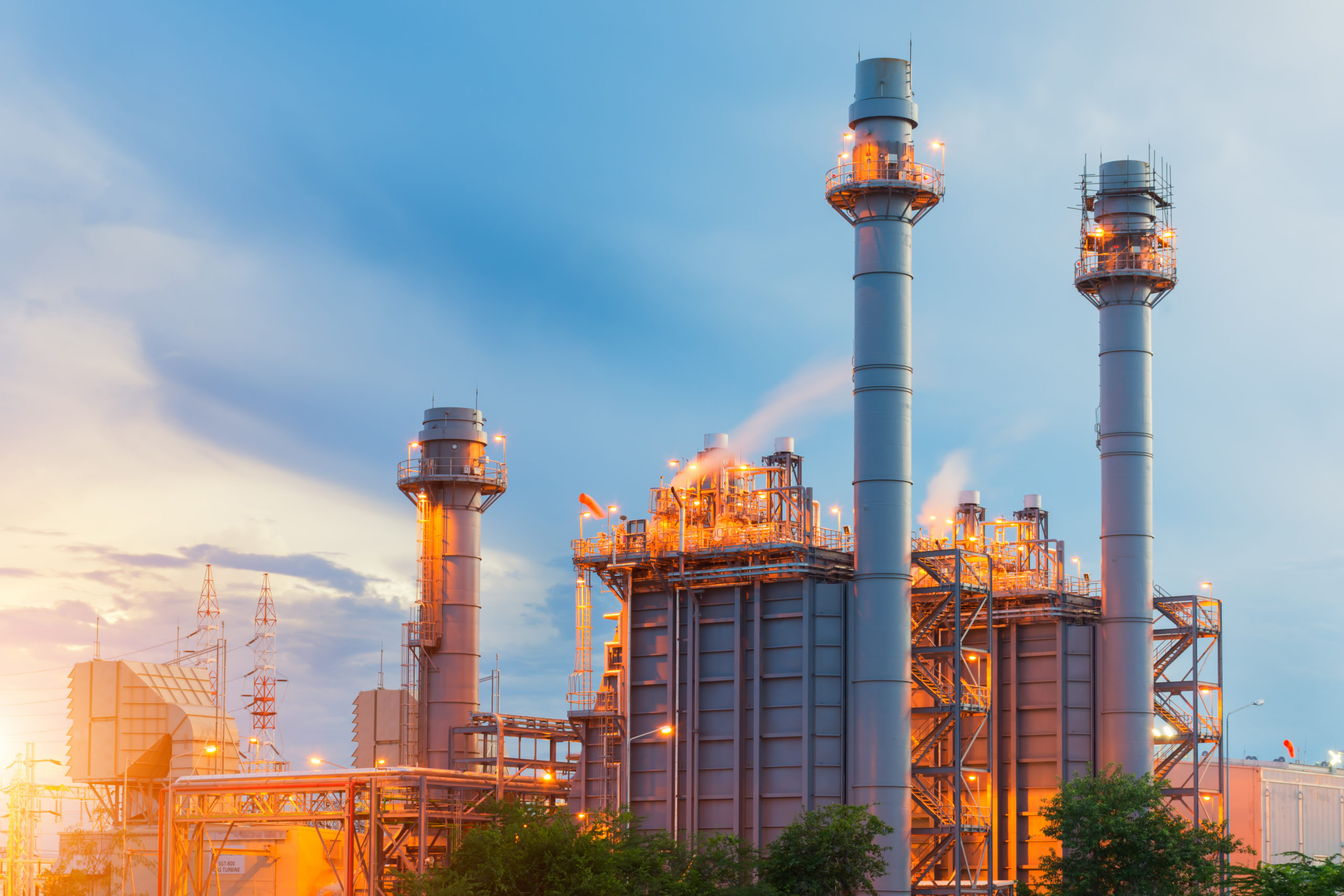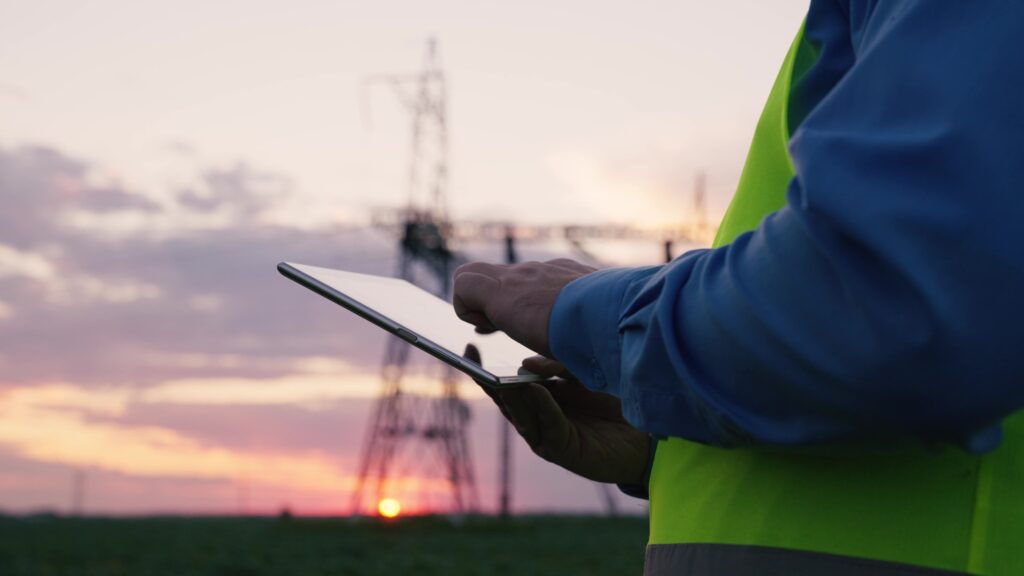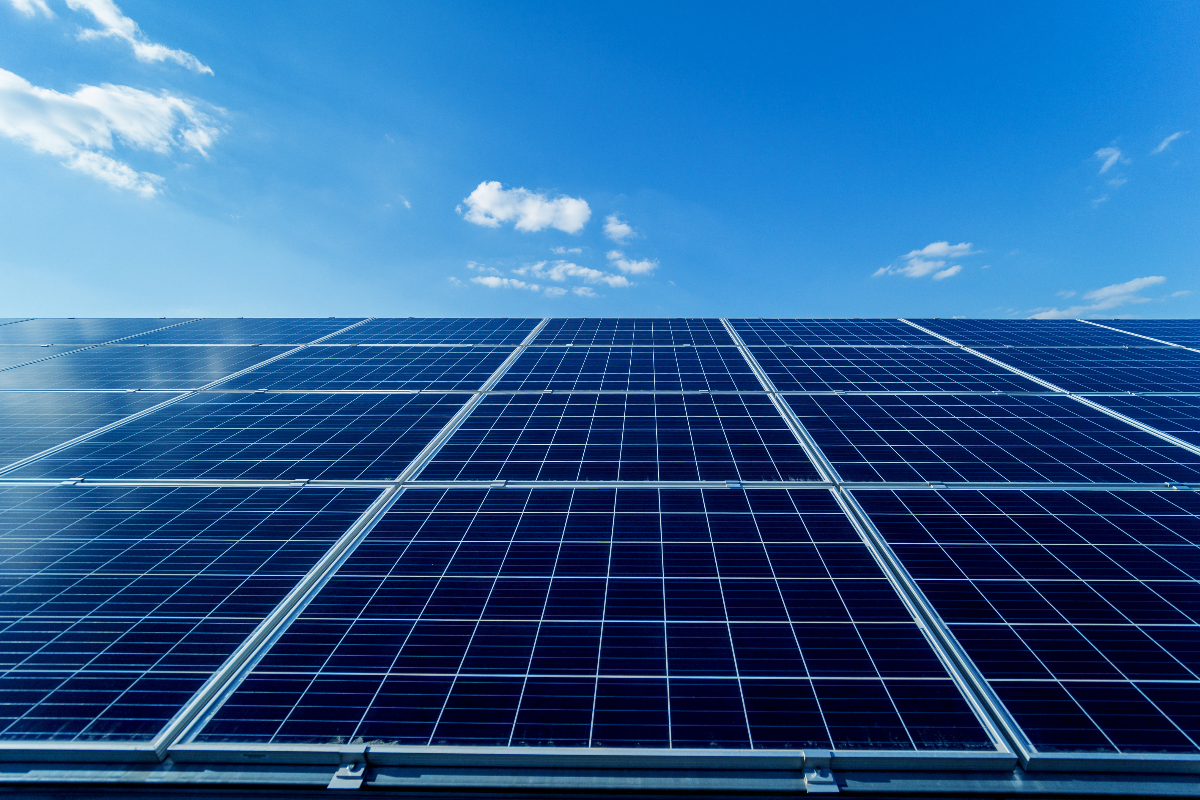NEWS
What is Liquefied Natural Gas?

As the energy crisis continues to impact Europe, reliance on liquefied natural gas has increased. But what is liquefied natural gas, and how is it used?
What is Liquefied Natural Gas?
Liquefied natural gas (LNG) is natural gas in its liquid form. This is produced by purifying natural gas and super cooling it to -160c to turn it into a liquid. The cooling process shrinks the volume of the gas 600 times. LNG is clear, colourless, and odourless gas and accounted for 43.4% of our electricity production in the last year.
How is liquefied natural gas transported?
LNG is usually transported through pipelines under the sea. The most notable being the controversial Nord Stream pipelines. The main providers for LNG are Russia, Qatar, Nigeria, and the USA. Because of the distance between these countries and the markets they sell to, they often ship the gas through LNG tankers via sea as the gas pipelines may not always be feasible. Once the gas has reached its destination, it is re-gasified and distributed through gas networks.
What is liquefied natural gas used for?
LNG can be used for a variety of things as once it has been re-gasified. In a residential setting, it’s used for cooking, drying, water heating, and air conditioning. In an industrial setting, LNG is often used for generating electricity at power plants, heating buildings and water and fuel for ships and lorries.
What are the environmental impacts?
LNG is often referred to as a ‘transitional fuel’ as it’s better for the environment than using fossil fuels but far from renewable energy. Using this type of gas is a good way to keep up energy supplies before we transition fully to renewable energy sources. It produces 40% less CO2 than coal and 30% less than oil making it one of the cleanest fossil fuels.
However, LNG is made up of around 85-95% methane. Therefore, it can have dangerous effects on the environment if any there are any leaks during transportation. For example, scientists have estimated that between 100,000 and 350,000 tonnes of methane may have been leaked into the Baltic Sea after the Nord Stream pipelines were ruptured back in September.
Problems with oversupply
As the energy crisis continues, Europe’s reliance on LNG has increased. The amount of LNG being transported through the Nord Stream pipelines has been decreasing and conflicts overseas have placed pressure on LNG ships transporting gas. Therefore, countries have started importing and storing more LNG than ever before.
To ensure that Europe had enough gas for Winter, European countries started buying a spree of gas throughout summer. The original target for this was 80% of storage by November 1st, but they have reached 95%. Creating a supply of LNG gas has played a key part in building up this gas supply.
Germany has spent €49.5 billion (£43.25 billion) on imports between January and August, compared to €17.1 billion during the same period in 2021. This is because most of Europe does not have a lot of the equipment, such as regasification terminals, needed to heat the gas back up as they have previously relied heavily on pipeline gas.
Higher October temperatures decreased the need for gas and electric use over the past month. However, storages are likely to be depleted once the colder weather kicks in so there is becoming an increased reliance on the LNG ships in Europe.
What is the future for liquefied natural gas in the UK?
LNG has been growing in popularity over the years. It’s easier to transport and store than other fossil fuels and is an improvement from using other fossil fuels. As the energy crisis continues, LNG is essential to ensure that there is enough gas to meet demands. Around 28% of the UK’s gas in 2021 was LNG and it accounted for 43.4% of our electricity production over the last year. However, it may not be the best long-term solution. There needs to be an increase in clean and renewable energy sources for a more sustainable future.
Contact us
For advice and help with your business’ energy contracts, give our team of experts a call on 0115 648 5655.




